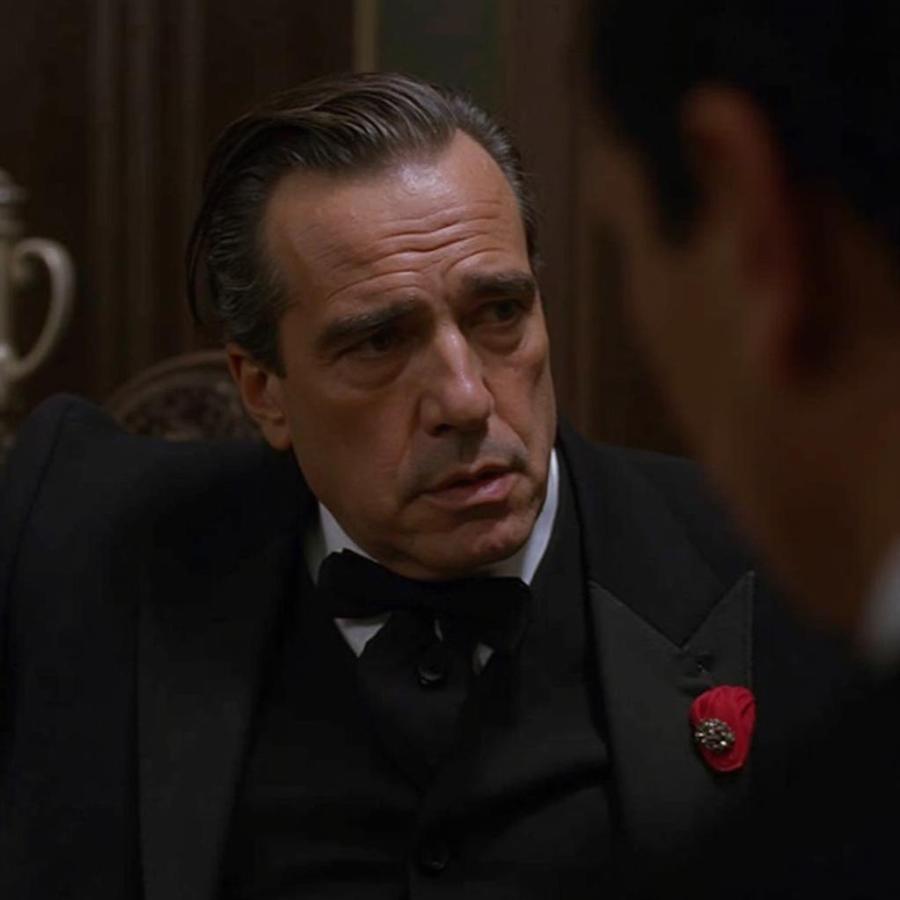Male Actors with Deep Raspy Voices: The Allure of Vocal Texture

Male Actors With Deep Raspy Voices often possess a captivating quality, a vocal texture that draws audiences in and adds layers of complexity to their characters. This isn’t just about the depth of the voice, but the subtle nuances, the gravelly undertones, and the way these voices can convey both vulnerability and strength.
The Power of a Raspy Voice: More Than Just a Sound
A deep, raspy voice is more than just a sound; it’s an instrument. It can evoke a sense of mystery, wisdom, or even danger. Think of the iconic voices of actors like Clint Eastwood, whose raspy delivery became synonymous with his tough-guy persona, or Humphrey Bogart, whose voice added a layer of world-weariness to his characters. These voices are instantly recognizable, becoming part of the actor’s brand and contributing to their enduring appeal. What is it about these voices that resonates so deeply? Perhaps it’s the suggestion of experience, of stories lived and battles fought. A raspy voice can hint at a life less ordinary, making the audience lean in, wanting to hear more.
It’s a curious thing, isn’t it? How a simple vocal quality can become so intertwined with an actor’s on-screen presence. It’s not just about what they say, but how they say it. The rasp adds a layer of authenticity, a sense that these characters have truly lived.
From Stage to Screen: Raspy Voices that Command Attention
The impact of a deep, raspy voice is particularly pronounced in film. Unlike the stage, where projection is key, the intimacy of cinema allows for subtlety. A whispered line, delivered with a gravelly undertone, can be more powerful than a shouted declaration. Consider Marlon Brando’s mumbling delivery in “The Godfather.” His raspy voice, often barely above a whisper, added to the character’s aura of power and menace. It wasn’t about volume; it was about the weight of each word, each syllable laced with unspoken meaning.
This vocal quality can be a powerful tool for actors, allowing them to convey a wide range of emotions with minimal effort. A slight change in inflection, a subtle catch in the throat, can speak volumes.

Beyond the Stereotype: Versatility of the Raspy Voice
While deep, raspy voices are often associated with tough guys and villains, their versatility shouldn’t be underestimated. Think of Tom Waits, whose gravelly voice lends itself equally well to gritty blues numbers and tender ballads. Or consider Kathleen Turner, whose deep, husky voice became her signature, allowing her to play both seductive femmes fatales and vulnerable, complex characters. The rasp isn’t just for hard-boiled detectives and brooding anti-heroes; it can add depth and nuance to a wide range of roles.
This versatility is precisely what makes these voices so compelling. They can be used to express strength and vulnerability, wisdom and naiveté, all within the same performance. It’s the actor’s skill, their ability to harness the power of their voice, that truly makes the difference.
Why We’re Drawn to the Raspy Voice: A Psychological Perspective
Dr. Eleanor Vance, a renowned voice coach and vocal psychologist, explains, “A raspy voice often carries with it a sense of authenticity and vulnerability. It suggests that the speaker has lived, has experienced things that have shaped their voice, and by extension, their character.” This resonates with audiences on a subconscious level, creating a connection that goes beyond the words being spoken. We’re drawn to these voices because they feel real, they feel human.
This connection, this sense of shared experience, is what makes a raspy voice so effective in storytelling. It’s a reminder that behind the performance, there’s a human being with a story to tell. And sometimes, the most compelling stories are told in whispers.
Finding Your Voice: Embracing the Raspy Quality
For actors aspiring to develop a deeper, raspier voice, it’s important to remember that this isn’t about forcing a sound. It’s about finding the natural rasp within your own voice and learning how to use it effectively. Proper vocal training can help actors explore the full range of their vocal capabilities, discovering nuances and textures they never knew they possessed. It’s a journey of self-discovery, a process of finding and honing the unique instrument that is your voice.
This process of exploration is crucial for any actor. It’s about understanding your instrument, knowing its limitations, and pushing its boundaries.
Male actors with deep raspy voices have a distinct advantage in the world of film and theatre. Their voices add depth, intrigue, and a touch of magic to their performances. This unique vocal quality, when wielded with skill and understanding, can transform a good performance into a truly unforgettable one. So, the next time you hear that gravelly whisper on screen, take a moment to appreciate the power and allure of the raspy voice. It’s a reminder that sometimes, the most captivating stories are told in the quietest tones.




